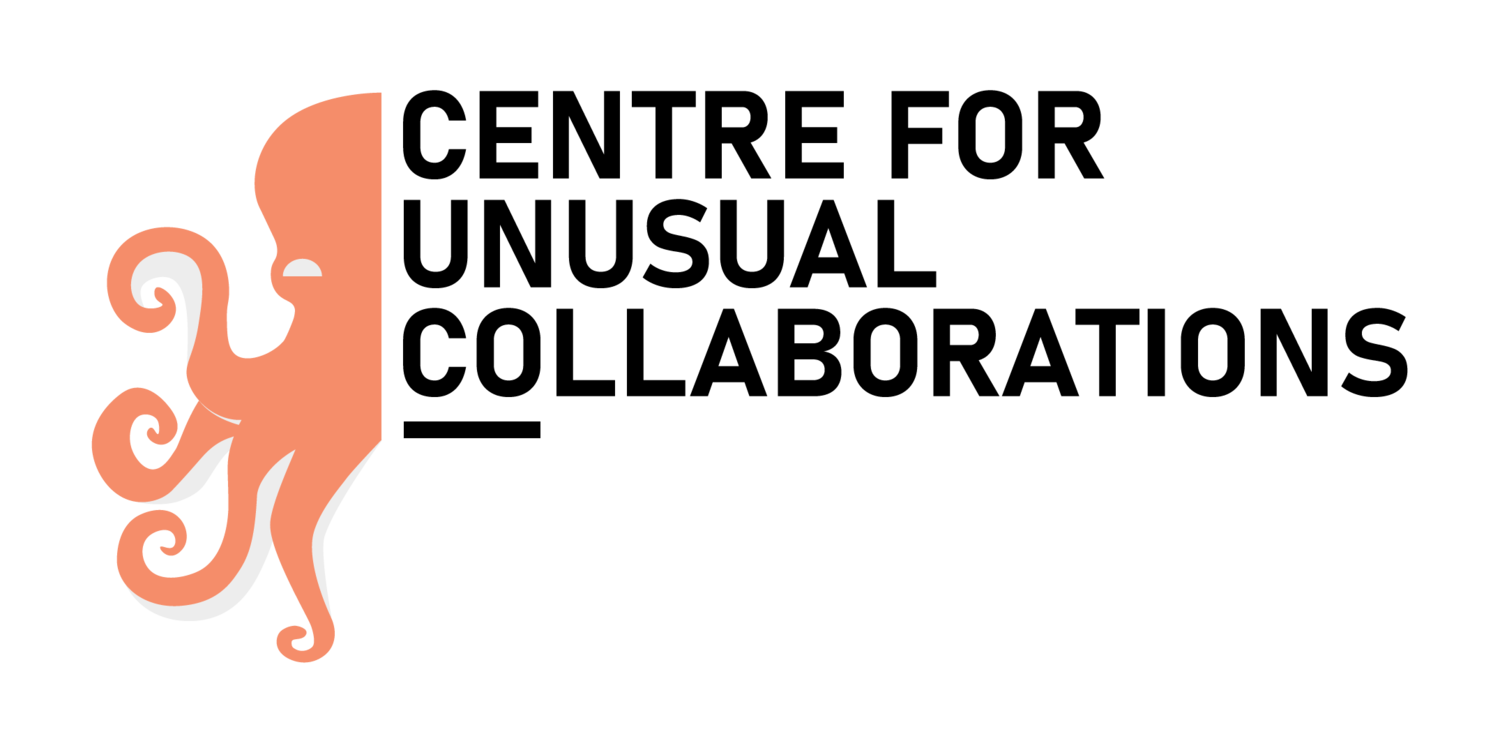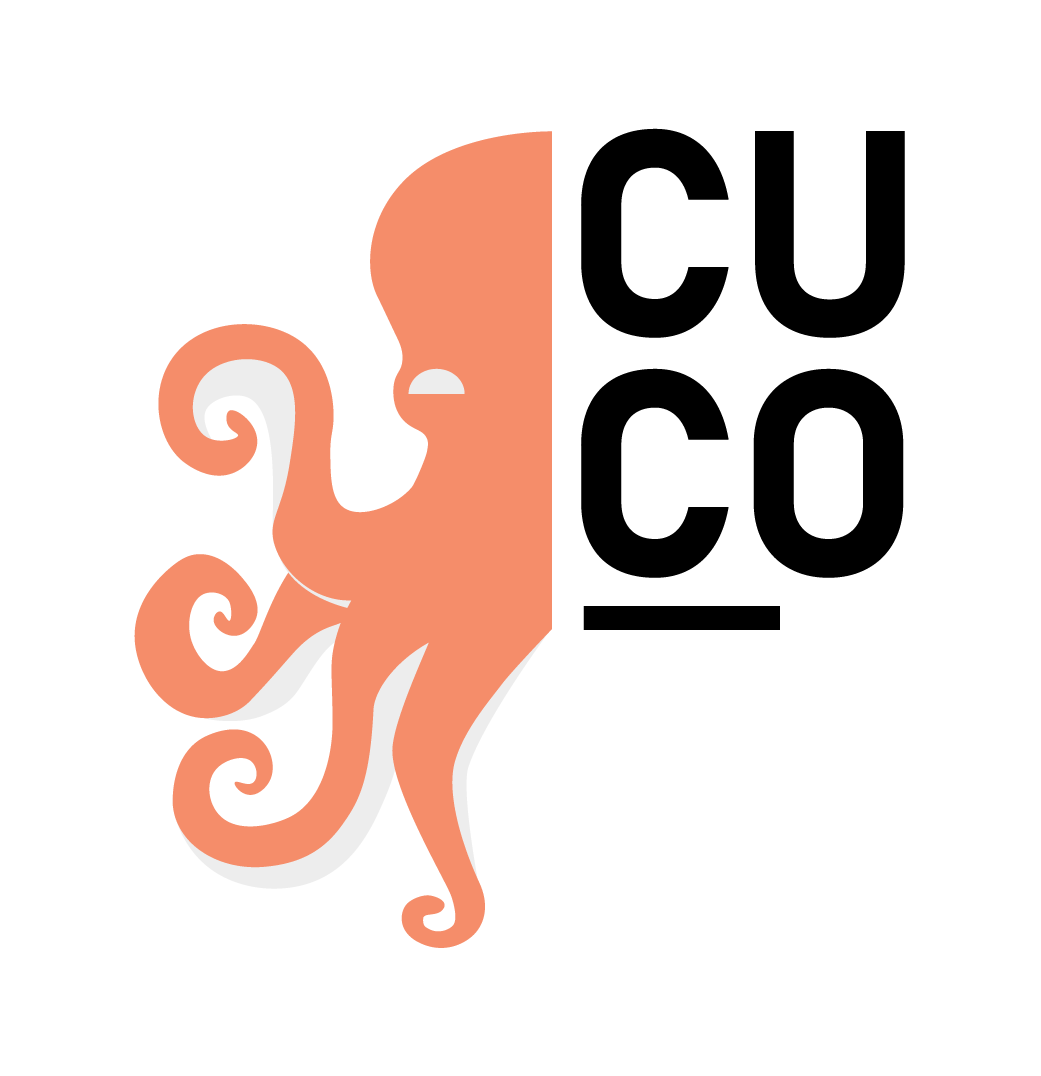Interview with Jessica Duncan
Jessica is one of CUCo’s founding board members and left the board in 2022. In this interview she reflects on her time at CUCo and looks ahead at its future. Most importantly, we also learn what her favorite animal is…
How did you end up at CUCo?
Well, I ended up there because I was part of the team that this came up with the idea originally. It started with my rector calling me into his office. When I got there, he explained that the rectors of the 4 alliance institutes had decided to give the Young Academies an assignment to collaborate: we were supposed to do something together that we couldn't do apart. To do this we were given a budget and a lot of flexibility and freedom. We had some growing pains as we sought ways to work together but in the end we all believed that we could do something bigger than just organizing a project amongst the four chairs. Then we invited extra people onto the team and worked through a number of rather awkward meetings at the beginning. We did not know one another and there was a lot of money at stake and not a lot of time. We eventually found our rhythm and it has been a real joy to work together over the last three years.
Can you tell me a little bit more about how the idea of an ‘unusual centre’ crystallized?
We wanted to do radical interdisciplinarity and challenge some of the limitations that we had experienced in trying to do interdisciplinary work. These are challenges like not having enough time and not being rewarded for doing this kind of work. We also thought a lot about how we could create a different kind of ethics of care or ethics of research, moving away from competition towards more collaborative and energizing research approaches. As we started to think about what these collaborations could look like it became clear that they were deeply unusual. That's where it all kind of started and that rolled into the idea for establishing a Center for unusual collaborations. I remember sending an e-mail late at night with the idea and then worrying: ‘Oh they're going to think this is so lame!’ But when I woke up everyone was on board. That was really cool. It gave us a real focus and then we had to pitch it to the Rector of Utrecht University and he loved it! Ever since I have had no regrets.
What was your aim for CUCo. What did you hope to get or learn from it?
For me personally it's been a chance to develop leadership. At one point when we were thinking about hiring a director, I sent another late night e-mail to the board asking: “Would you let me try being the director?” I was keen to see how I could help grow CUCo and I also wanted management experience. That is a very strategic move, not just because I love CUCo. But I also recognize that one of the main reasons women often struggle to get promotions is because they are not able show enough management and leadership experience. So for me, I said “What an opportunity to gain management experience and leadership experience!” So in putting myself forward, I thought, well I can a least try it out and see what happens. So they had a meeting, I don't know what happened at that meeting, but they all supported me for the position. It turned out however that the position really needs someone (almost) full time and I was not able to make that much time available. But in true CUCo fashion, we tried, we learned and we kept going.
In terms of what I hoped to gain: honestly, I was seeking a deeply intellectual space. Academia is often critiqued from the outside for this but I see so much value in thinking and in exploring ideas, not with a view towards impact but with a view towards understanding and expansion and contributions to knowledge. I was hoping to create a space of deep thinkers who wanted to create time and space to do just that, and to do it together. I see that as an antidote to some of the challenges of the neoliberalization of our universities. I also hoped to gain insight in how we can do science and research differently, and in this way, CUCo was an experiment. How can we research through a culture of care and collaboration?
Do you have any regrets when it comes to CUCo?
I think maybe my only regret is that when we drafted the governance document, the first draft, I put in this idea that we have to rotate off the board. Just kidding! That would be a regret in a non-real way. I know leadership needs to shift, but it feels great and also in some way a bit melancholic to put so much of your yourself into something and then step away at the very moment it feels like it is really solidifying. There is this bittersweetness.
But yeah, I actually don't have any regrets. I think we could have done more around diversity and inclusion, pluralism. And being really explicit about how we, how we bring in more diverse voices. But overall, I am really proud of what we accomplished as already overworked faculty members taking on like this huge idea, building trust, working in a pandemic.
Do you consider yourself an unusual researcher?
Um, no. I think I am a pretty normal researcher. One of my skills that made me an unusual collaborator in this context is that I work on relations of power and participatory processes, so I have a good sense of how people struggle to converge in and around tricky issues and this is kind of the same thing. So I felt prepared in that sense. One of my superpowers as an ethnographer is that I have a quite easy time moving from a social movement protest to a boardroom to a policy space to a research space. I have a fluidity in terms of language and in terms of behavior, and in terms of trust building. That positions me well for doing this kind of work in the sense that it requires me to play a leadership role on a board and also present CUCo to the rectors, but also report back to our Young Academy. So in that sense, perhaps my competencies are a bit more unusual. And perhaps I am in a place where I am able to take risks. Tenure tracks push us towards a very risk averse career where we narrow down, we honed down on our on our area of expertise and we publish. There's not a lot of space for taking these kinds of risks and risks in terms of time. Maybe the whole of CUCo is unusual in this respect: challenging these norms, one day at a time.
Then the final question and by far most important, what's your favorite animal?
I love camels!
Jessica Duncan
Jessica Duncan is a scholar and educator committed to social-ecological justice. As a founding member of CUCo, she brought her passion for collaborative science and societal impact, as well as academic expertise in governance, participation and power. This combination of capacities informed the groundwork on which the Centre for Unusual Collaborations was built. In 2022, Jessica rotated off the Board to make room for new leadership. She continues to engage with CUCo as an ambassador and as a member of the Playing with the Trouble project team.


